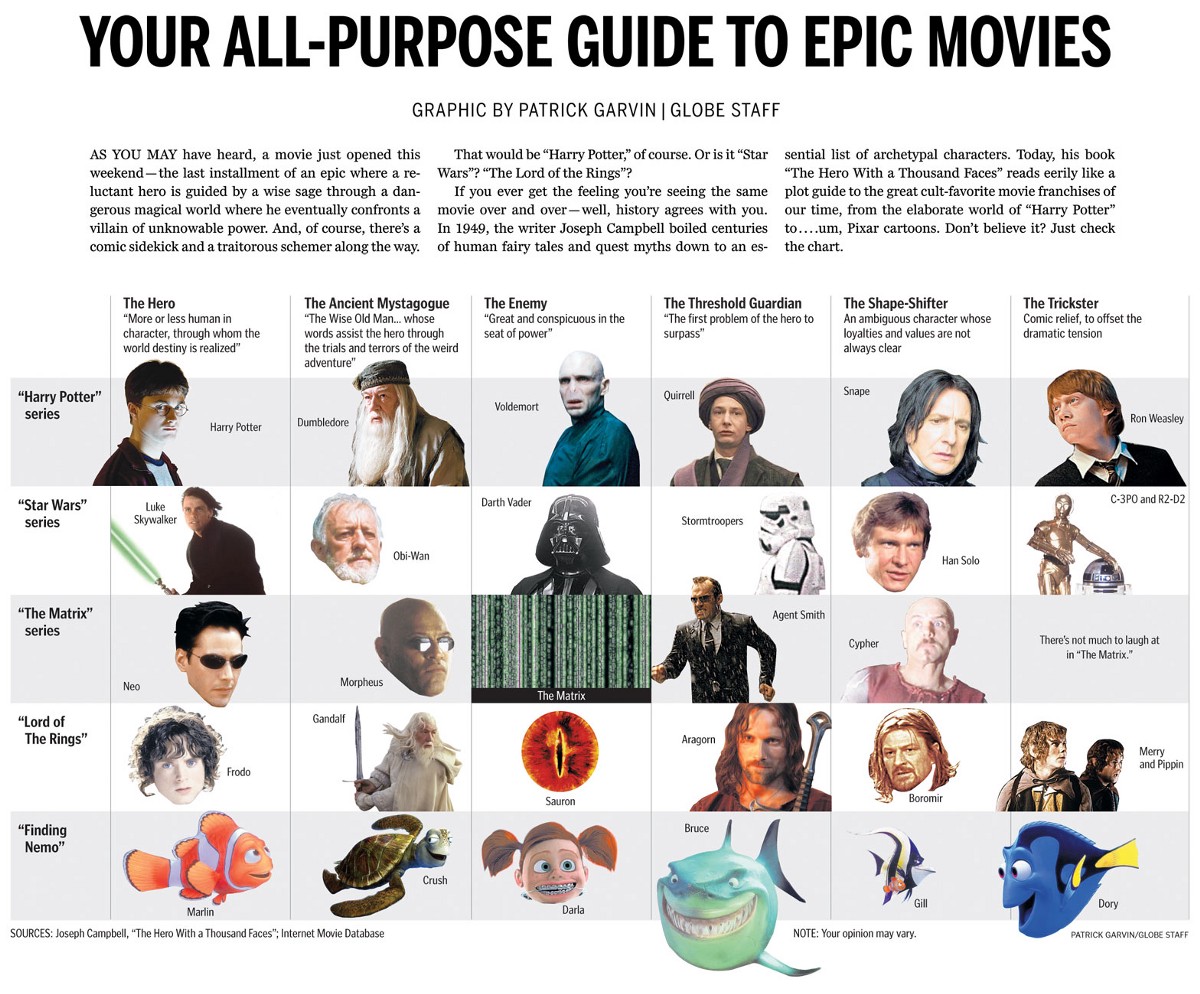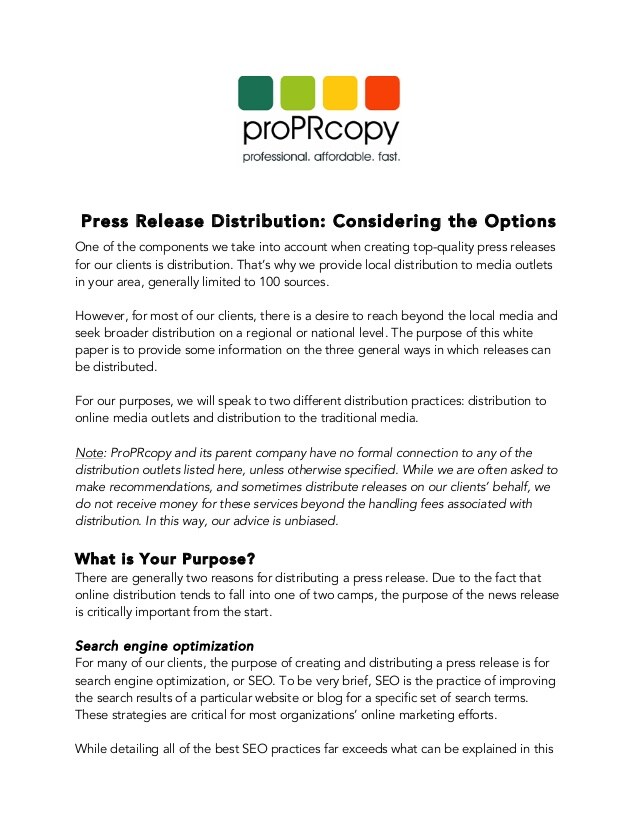[ad_1]
An orphaned boy was raised by his foster parents. One day, a tragic incident killed the kind couple that had taken care of him. The grieving young man embarked on a journey to fight evil. He was then trained by a special teacher that taught him spiritual values. The young man was ready to face the evil overlord, only to found out that his enemy was none other than his own biological father. Sounds familiar? Of course.
Finding patterns in Hollywood movies are not hard. Like myths, tales, and folklore, movies often repeat the same basic storyline over and over. The basic pattern of the character’s story, personality, or behavior has psychological explanations.
Carl Gustav Jung (1875 – 1961) advanced the concept of psychological archetypes. Archetype is an original model of a person, ideal example, or a prototype upon which others are copied, patterned, or emulated. Archetype served as a symbol that everyone can recognize. Some archetypes often appeared in stories, such as, The Child archetype, The Hero, The Great Mother, The Wise Old Man/Woman, The Trickster, The Devil, The Scarecrow, and The Mentor. Archetype as a model of person, personality, or behavior is easy to spot in Hollywood movies. In example, The Hero Archetype.
The character explained at the beginning of the article is Luke Skywalker that appeared in Star Wars Trilogy, and he possessed traits that can identify him as The Hero archetype.
In his book, The Hero With A Thousand Faces, Joseph Campbell (1904 – 1987) identified an archetypal plot line within ancient myths that told the same recurring story about The Hero as the main subject. These characters usually follow these patterns:
– Born with unusual circumstances. The Hero is often born into royalty, or in the time of danger.
– In one point in The Hero’s life, he leaves his family or land, and lives with other people.
– The Hero is involved in an event that leads to an adventure or quest. The event is often traumatic.
– The Hero has a special weapon only he can wield.
– The Hero found a supernatural help along his adventure.
– The Hero must prove himself many times during this adventure or quest.
– The Hero experiences atonement with the father.
– When The Hero dies, he is rewarded spiritually.
We like to identify ourselves as The Hero character in a movie, that’s why finding an example of this archetype in Hollywood movies are relatively easy. Of course, the character doesn’t always have to meet all of the criteria mentioned above to be classified as The Hero archetype. A lot examples of The Hero archetype, of course, can mostly be found on superhero movies. Superhero movies are currently flooding the silver screen, symbolizing hope and return of the ideals back in the society. A superhero is seen as a character that will make things right, and the audience always love them.
Examples of The Hero archetype in superhero movies are Superman, Spider-Man, Batman, and Iron Man. In other movies, there are Aragorn (The Lord Of The Rings Trilogy), Indiana Jones, John Connor (Terminator), and Harry Potter. These characters had proved themselves as a true hero character through their dedication to endure pain and sorrow for the good of many, and for themselves.
Although The Hero archetype is not limited to action and superhero movies, most of the samples we could find are mostly from the two genres. Maybe, because it is easier to perform as a hero in a circumstance that demands a lot of action and dynamics.
Archetype is a part of our collective consciousness. By experiencing the story as The Hero archetype, we see ourselves fighting evil and bringing peace to society. Although the recurring patterns may make the audience bored, The Hero character still plays an important part. They forge positive values in the audience and reminds them that good things are still worth fighting for. Maybe not by killing evil overlord or slaying dragons, but there are a lot of ways to be a hero. And we can all be one.
[ad_2]





